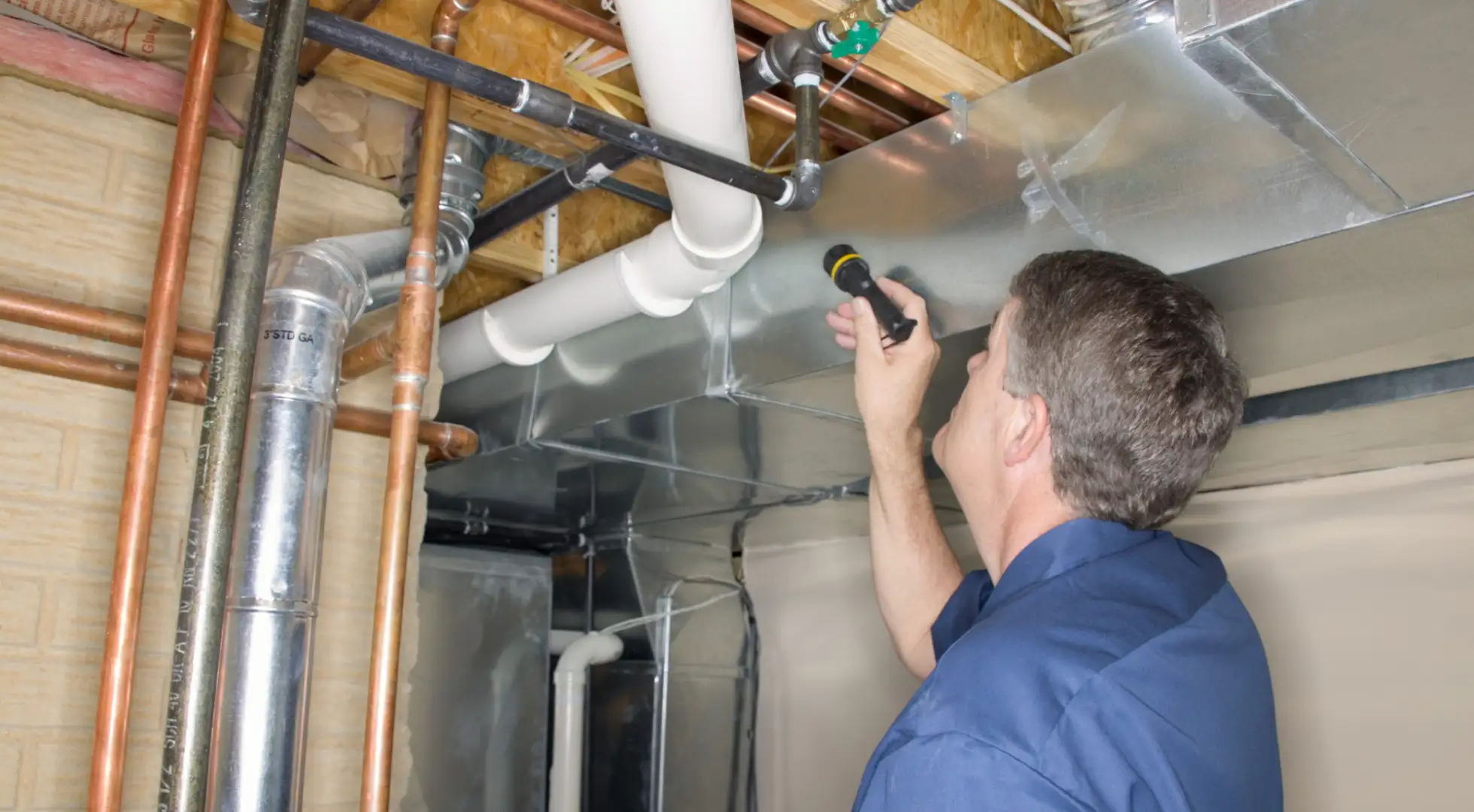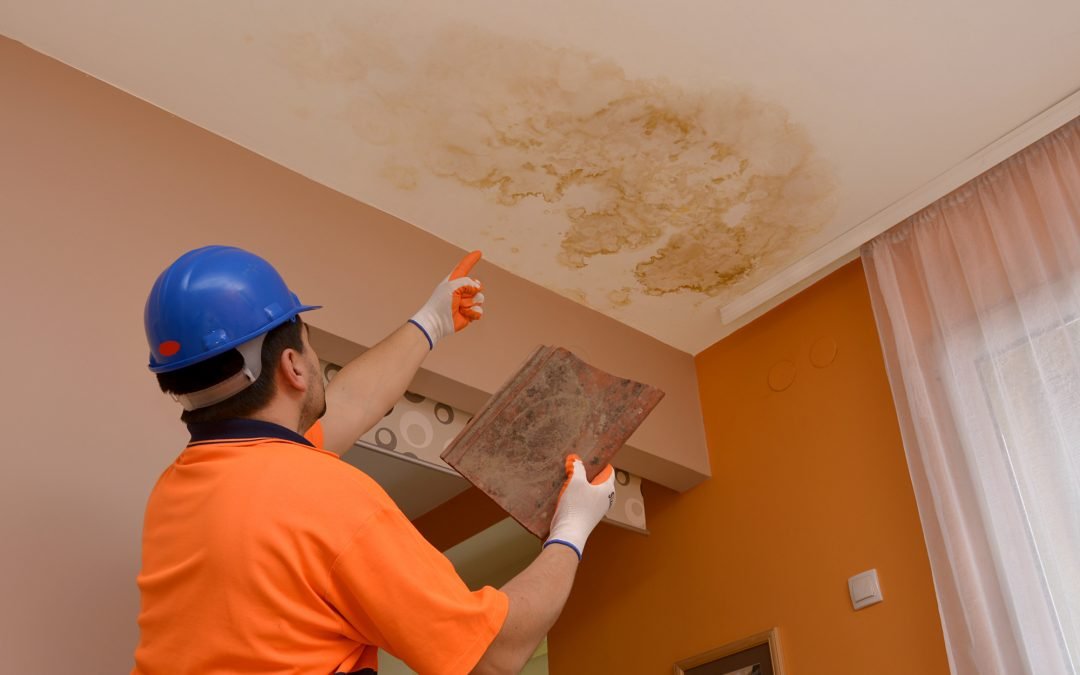When buying a home with an FHA loan, preparing for the home inspection is crucial. Understanding how to prepare for an FHA home inspection can help ensure that your home meets the necessary safety and livability standards. This process can also help you avoid costly repairs later. In this article, we’ll discuss several key steps you can take to get ready for your FHA home inspection, ensuring a smoother process.
Understand the FHA Inspection Requirements
First and foremost, it’s essential to understand the FHA inspection requirements. The Federal Housing Administration has specific standards that homes must meet to qualify for FHA financing. These include safety, soundness, and security requirements. Knowing these requirements can help you address potential issues before the inspection occurs. Research what the FHA inspectors will be looking for, and ensure your home meets those criteria.

Schedule Repairs Before the Inspection
One of the best ways to prepare for an FHA home inspection is to schedule any necessary repairs in advance. Fixing minor issues, such as leaky faucets, broken windows, or damaged roofing, can make a significant difference in the inspection outcome. These small repairs can prevent larger problems from arising and can demonstrate that you have maintained the property well. By proactively addressing these issues, you can help ensure a smoother inspection process.
Clear Access to Key Areas
During the inspection, the inspector will need to access several critical areas, including the attic, basement, and utility systems. It’s vital to clear these spaces to ensure that the inspector can do their job efficiently. Remove any clutter that might obstruct access to these areas. This not only makes the inspection easier but also reflects well on your attention to detail as a homeowner.
Ensure Utilities Are On
Before the inspection, make sure all utilities are on and functioning correctly. This includes electricity, water, and gas. The inspector will need to test various systems in the home, such as heating, cooling, and plumbing. If any utilities are off, it may raise red flags about the home’s condition. Additionally, having all utilities turned on allows the inspector to identify any issues that need to be addressed.
Check for Safety Hazards
Safety is a top priority for FHA inspectors. Therefore, it’s essential to check for any potential safety hazards in your home. Look for things like loose railings, exposed wiring, and functioning smoke detectors. Ensure that all handrails are secure and that windows can be opened easily. Identifying and fixing these hazards before the inspection can save you time and trouble later.
Prepare Documentation
Another critical step in how to prepare for an FHA home inspection is gathering all necessary documentation. This includes previous inspection reports, repair records, and warranties for major appliances or systems. Having this information ready can help the inspector understand the home’s history and may make the inspection process smoother. It also shows that you have been proactive about maintaining the property.
Be Ready for the Inspector’s Questions
During the FHA home inspection, the inspector may have questions about the home’s history or any repairs you’ve made. Be prepared to answer these questions honestly and openly. This can help build trust between you and the inspector and may lead to a more favorable inspection outcome. If you’re unsure about something, it’s okay to admit it. The inspector is there to help, not to judge.
Stay Calm During the Inspection
The inspection can be a stressful time for homeowners, but it’s essential to stay calm. Remember, the inspector is just doing their job. If any issues are identified, it’s not the end of the world. Many repairs can be negotiated in the purchase agreement, or you can choose to fix them after closing. Keeping a positive attitude during the inspection can help you manage any potential stress.
Ask for Clarification if Needed
If you don’t understand something during the inspection, don’t hesitate to ask the inspector for clarification. They are usually more than willing to explain their findings and provide advice on how to address any issues. Understanding the inspection process better can help you feel more confident and prepared.
Know What Happens After the Inspection
Finally, it’s essential to know what to expect after the inspection. The inspector will provide a report detailing their findings, including any necessary repairs. Review this report carefully and discuss it with your real estate agent. Knowing the next steps will help you navigate the home-buying process more smoothly.
Conclusion
In conclusion, preparing for an FHA home inspection is a vital step in the home-buying process. By understanding the FHA requirements, scheduling necessary repairs, and clearing access to critical areas, you can make the inspection process more manageable. Ensure all utilities are on, check for safety hazards, and prepare relevant documentation. Remember to stay calm during the inspection and ask questions if needed. Knowing what to expect after the inspection can help you move forward confidently in your home-buying journey.




